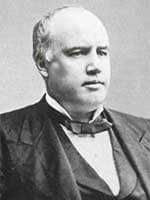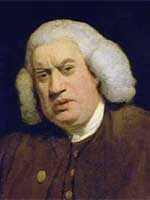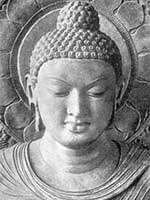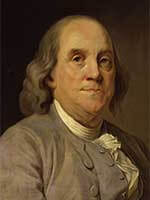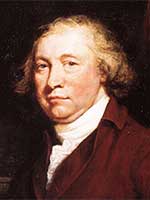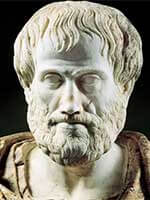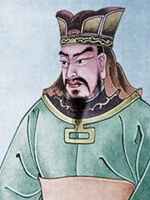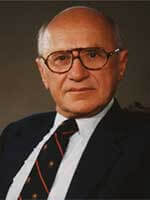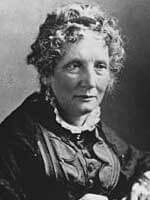Quotes 281 till 300 of 10692.
-

Happiness is not a reward - it is a consequence. Suffering is not a punishment - it is a result.
-

Happiness is not a state to arrive at, rather, a manner of traveling.
-

Happiness is not being pained in body or troubled in mind.
-

Hatred does not cease by hatred, but only by love; this is the eternal rule.
-

Have patience with all things, but chiefly have patience with yourself. Do not lose courage in considering your own imperfections, but instantly set about remedying them - every day begin the task anew -
St. Francis de Sales
Bishop of Geneva and is honored as a saint in the Catholic Church (1567 - 1622) -

Have you not a moist eye, a dry hand, a yellow cheek, a white beard, a decreasing leg, an increasing belly? Is not your voice broken, your wind short, your chin double, your wit single, and every part about you blasted with antiquity?
-

He does not posses wealth that allows it to possess him.
-

He had learned over the years that poor people did not feel so poor when allowed to give occasionally.
-

He is not elevated by good fortune or depressed by bad. His mind is established in God, and he is free from delusion.
-

He that wrestles with us strengthens our nerves, and sharpens our skill. Our antagonist is our helper. This amicable conflict with difficulty helps us to an intimate acquaintance with our object, and compels us to consider it in all its relations. It will not suffer us to be superficial.
-

He was an embittered atheist (the sort of atheist who does not so much disbelieve in God as personally dislike Him).
-

He who can be, and therefore is, another's, and he who participates in reason enough to apprehend, but not to have, is a slave by nature.
-

He who has not a good memory should never take upon himself the trade of lying.
-

He who is not contented with what he has, would not be contented with what he would like to have.
-

He who is not very strong in memory should not meddle with lying.
-

Hence that general is skilful in attack whose opponent does not know what to defend; and he is skilful in defense whose opponent does not know what to attack.
-

Hence to fight and conquer in all your battles is not supreme excellence; supreme excellence consists in breaking the enemy's resistance without fighting.
-

History suggests that capitalism is a necessary condition for political freedom. Clearly it is not a sufficient condition.
-

Home is a place not only of strong affections, but of entire unreserved; it is life's undress rehearsal, its backroom, its dressing room, from which we go forth to more careful and guarded intercourse, leaving behind us much debris of cast-off and everyday clothing.
All words-not famous quotes and sayings you will always find on greatest-quotations.com (page 15)
